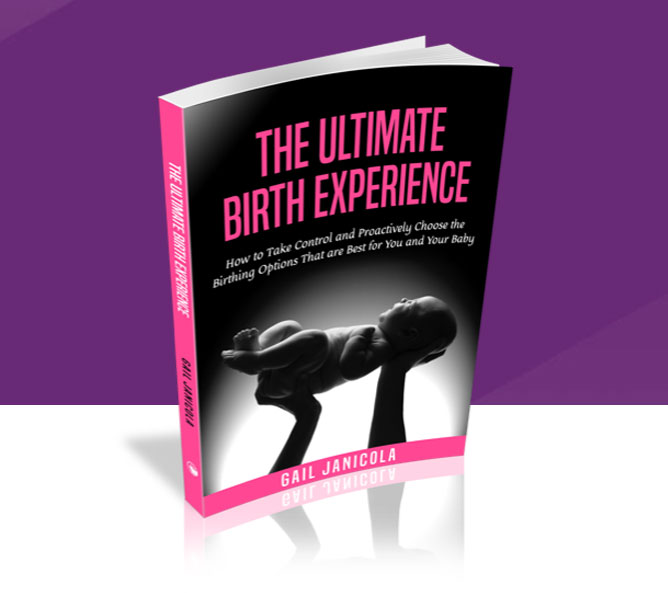Comfortable sleep for you and your growing baby
If you’re pregnant now or have been in the past, you know that sleeping isn’t always quite as enjoyable as it used to be. You’ve likely slept one way your whole life, and once you found out you were pregnant, had to figure out how to sleep comfortably with a developing baby in your belly.
You already know sleep deprivation may be something you’ll have to deal with once the baby comes (the crying and first couple of months may be tough, but they are worth it!), but you may not realize it’s something to think about before the baby is here.
So let’s break it down—because you deserve to sleep comfortably from the moment you find out you’re pregnant, until after your beautiful baby has arrived.
Restful nights during the first trimester
You’ve probably heard a lot of different advice on how to sleep: sleep on your back, don’t sleep on your back, sleep on your right side, sleep on your left side. There’s so much information out there, it’s hard to know what’s best for you and the baby.
During the first trimester of your pregnancy, you will likely be adjusting to several changes, such as increased urination, morning sickness, body aches, and increased drowsiness. In order to tackle sleeping challenges head-on, try these solutions:
- Exercise: We all know the benefits of proper exercise and staying fit during your pregnancy. Put aside time to exercise in the morning or early afternoon to promote a sounder sleep come the evening time.
- Limit fluid intake in the evening: To limit nighttime bathroom runs, cut down on the amount of fluids that you ingest after 5 p.m.
- Nap: It’s important to schedule time for sleep so that you get the amount required. Whenever possible, schedule time to nap during the early afternoon (between 2 and 4 p.m.) to avoid sleeplessness during the nighttime.
Soundless sleep during the second trimester
Here’s some good news—women tend to sleep better during the second trimester of pregnancy! This is because symptoms of morning sickness have subsided and energy levels have regulated. Your body will go through its largest metabolic changes during the first trimester. Still, you may experience symptoms such as cramps, increased heartburn, and vivid dreams (likely a product of anxiety). Mitigate sleeplessness by:
- Stretching regularly: Cramping of the legs is common (and normal!) during the second trimester because of the changes that your body is undergoing to prepare for baby. Stretch regularly and nip cramps in the bud by flexing and relaxing feet throughout the day and before bed.
- Standing or walking after eating: Digestion takes quite a bit longer during pregnancy. Sitting up straight or walking around will help keep important digestive stomach acids where they belong. If heartburn is keeping you awake at night, try eating larger meals earlier in the day, and give papaya enzyme tablets a try.
- Eliminating soda and carbonated beverages from your diet: Calcium imbalances can lead to major heartburn. The phosphorous in bubbly carbonated drinks decreases the amount of calcium you’re able to metabolize. In addition, make sure you’re getting enough calcium; good food sources include dairy products and green, leafy vegetables.
Blissful beauty rest during the third trimester
By the end of a pregnancy, many expectant mothers experience more interrupted sleep. Dealing with uncomfortable back pain, restless leg syndrome, and pesky frequent urination (again!) may be something that you will have to deal with, but I promise that you will be able to get some rest.
- Bath in the evening: Taking a warm bath in the evening is a great natural remedy for alleviating sore muscles, pains, and aches. Plus, it’s a luxurious excuse for some much needed “me time” before your baby arrives.
- Eat more leafy greens: Eating veggies and foods that are high in folate and iron can help reduce the severity of restless leg syndrome.
- Sleep on your side: Sleeping on your side will help take some of the stress off of your lower back. It also helps prevent snoring, and can even regulate proper circulation to your baby. Still, it’s important that you get rest no matter what! So sleep however you feel comfortable.
Restful sleep is attainable throughout your pregnancy. With the proper techniques, and the proper care of your body throughout the daytime, you will be snoozing soundlessly in no time.
Sleeping is important for both you and the baby, so make sure you take the time to do what you need to do to get to sleep, from meditating to drinking a hot glass of tea or warm milk before bed. Remember that there is so much to know and learn before your baby even arrives. If you are looking to be properly educated in the labor and birth process, and to calm your anxiety surrounding all issues, including safe, healthy practices for both mind and body, reach out to Moms on Top. I offer a variety of childbirth education courses to fit every mother’s unique needs!

